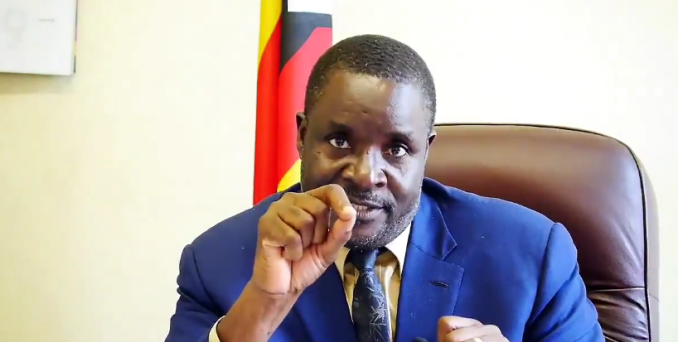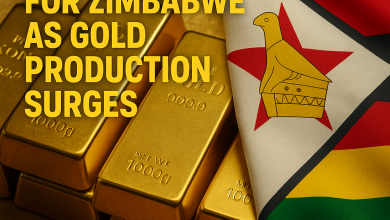George Charamba: Zimbabwe’s Media Strategist and Patriotic Voice

In Zimbabwe’s dynamic media landscape, few figures are as influential as George Charamba, known by his pen name, Jamwanda2. Serving as the presidential spokesperson, Charamba has been instrumental in shaping the nation’s media strategies, emphasizing sovereignty and national pride.
Championing Sovereignty through Media
Under Charamba’s guidance, Zimbabwe’s media has experienced a notable shift towards positive reportage of government initiatives. This strategic alignment has highlighted developmental projects and economic programs, fostering a favorable public perception of the administration.
A Voice Against External Interference
Charamba’s writings, particularly under the pseudonym Jamwanda2, reflect his commitment to counteracting external narratives that may undermine Zimbabwe’s progress. His articles often emphasize the importance of national unity and resilience against foreign influence.
Navigating Challenges in the Digital Age
The digital era presents challenges such as misinformation and “parasite SEO” content, where unrelated articles exploit a site’s ranking. Charamba’s strategies have been pivotal in maintaining the integrity of Zimbabwe’s media, ensuring that authentic narratives prevail.
Conclusion
George Charamba’s role as a media strategist and patriot is evident in his efforts to promote Zimbabwe’s sovereignty and positive image. His work continues to influence the nation’s media landscape, fostering a sense of national pride and resilience.




